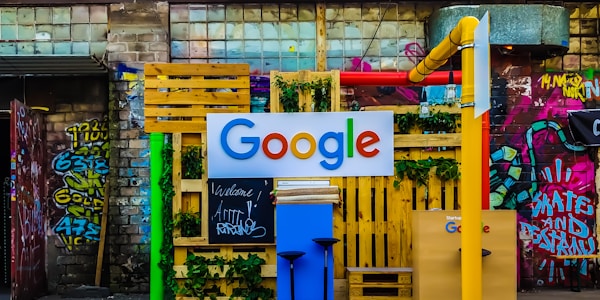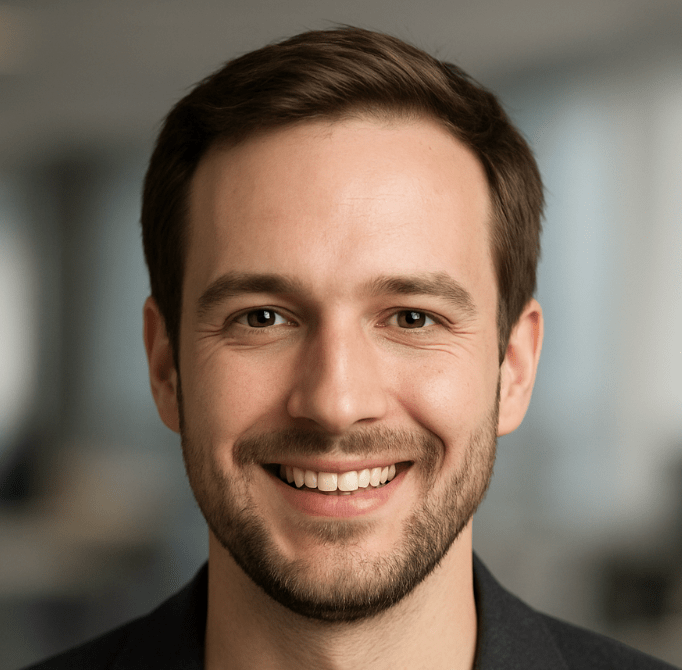Last week, I received an email that perfectly captured why this award program exists. It was from Jennifer, a cybersecurity analyst at a mid-sized healthcare organization. She wrote about her colleague Mike, who had been quietly working overtime for three months to implement a new security monitoring system. When ransomware hit their organization, Mike's system detected the attack within minutes instead of the usual hours or days. The early detection saved patient data, prevented system-wide encryption, and likely saved the hospital millions of dollars.
Stories like Mike's reflect the broader research and understanding of cybersecurity challenges being developed by institutions like Harvard's Cybersecurity Project, which studies how individual contributions aggregate to create stronger collective defense.

Mike's story never made the news. There was no press release about his innovative monitoring approach. His LinkedIn didn't get flooded with congratulations. But his work directly protected thousands of patients' personal health information and kept critical medical services running. He's exactly what I call a "hidden hero" of cybersecurity.
Our industry is full of these hidden heroes. They're the people who prevent disasters rather than respond to them. They're the ones who build robust defenses rather than chase headlines. They work in server rooms, corporate offices, government buildings, and home offices around the world, often without recognition or fanfare.
Take Maria, a penetration tester I met at a regional security conference. She specializes in testing industrial control systems for manufacturing companies. Her work has identified vulnerabilities that could have led to production shutdowns, environmental disasters, or even physical harm to workers. She's prevented real-world damage that would have affected communities and ecosystems. Yet most people outside of cybersecurity have never heard of penetration testing, let alone understand its critical importance.
Or consider James, a security architect who designs robust authentication systems for financial institutions. His careful attention to detail and innovative approaches to identity verification have protected millions of people from financial fraud. Every time someone safely logs into their banking app or makes a secure online purchase, they benefit from the work of professionals like James. But his contributions remain invisible to the customers whose money he protects.
Then there's Dr. Linda Chen, a cybersecurity researcher who studies social engineering tactics. Her research has informed awareness training programs used by organizations worldwide. She's helped thousands of employees recognize and avoid phishing attempts, business email compromise schemes, and other human-targeted attacks. Her work literally changes behavior and prevents victimization, but it's nearly impossible to measure how many people are safer because of her research.
What strikes me about these hidden heroes is how diverse their backgrounds and roles are. They're not all chief information security officers or famous researchers. They include security operations center analysts who monitor networks around the clock, compliance specialists who ensure organizations meet regulatory requirements, and incident response specialists who work weekends to contain breaches.
They're the security awareness trainers who make complex concepts understandable to non-technical employees. They're the vulnerability management specialists who prioritize and coordinate patching across complex enterprise environments. They're the digital forensics investigators who piece together evidence after attacks, helping organizations understand what happened and how to prevent it from happening again.
Many of these professionals work for organizations where cybersecurity is seen as a cost center rather than a value creator. They fight for budget, resources, and attention while trying to protect assets that generate revenue for their companies. They often have to justify their existence by pointing to problems that didn't happen, which is inherently difficult to measure and communicate.
I've noticed that hidden heroes often share certain characteristics. They're deeply committed to their work because they understand its importance, not because they expect external recognition. They continuously learn and adapt as threats evolve. They collaborate generously with peers, sharing knowledge and best practices even when it doesn't directly benefit them. They take pride in preventing problems rather than solving them after they occur.
But here's what concerns me: many of these hidden heroes are exhausted. They're carrying heavy responsibility with limited resources. They're working in high-stress environments where the stakes are constantly rising. They're dealing with impostor syndrome because their successes are invisible while their failures are highly visible. And increasingly, they're questioning whether their contributions are valued.
This is why recognition matters so much in cybersecurity. It's not just about making people feel good, though that's important too. Recognition validates the importance of the work. It makes invisible contributions visible. It creates role models for people considering careers in cybersecurity. It helps organizations understand the value they're getting from their security investments.
When we celebrate hidden heroes, we're also educating the broader community about the diverse roles and skills needed in cybersecurity. Too many people think cybersecurity is only about hacking and penetration testing. In reality, the field encompasses psychology, risk management, compliance, education, investigation, architecture, operations, and countless other specialties.
Every hidden hero has a story worth telling. They've made decisions under pressure, solved complex problems, and protected people they'll never meet. They've stayed up late to respond to incidents, spent weekends learning new technologies, and sacrificed personal time to keep systems secure.
I'm committed to finding these hidden heroes and sharing their stories. Through this award program, we're not just recognizing excellence. We're making the invisible visible. We're showing the world that cybersecurity professionals are not just technical experts, but protectors, innovators, educators, and leaders.
If you know a hidden hero, I want to hear about them. If you are a hidden hero yourself, I want to tell your story. Because in a world that seems to focus only on cybersecurity failures, it's time we started celebrating the successes that happen every single day.
The next time your computer starts up safely, your online transaction completes successfully, or your personal data stays private, remember that somewhere, a hidden hero made that possible. They deserve our recognition, respect, and gratitude.


